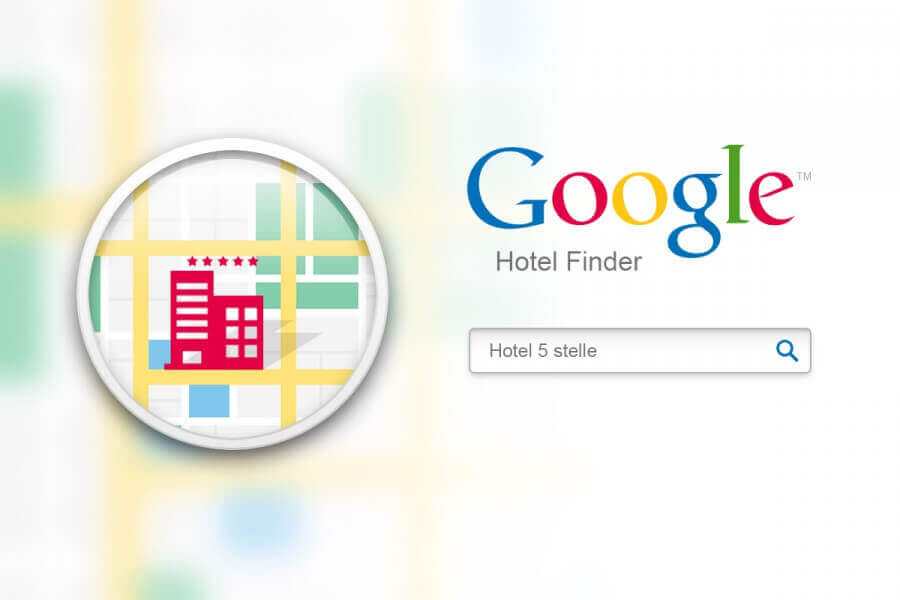
Google Hotels, the search engine giant’s new feature has got tongues ablaze as hospitality industry professionals are considering the potential impact of the biggest online search engine putting its algorithms to work in hospitality.
NB: This is an article from Clock Software
The design of the feature in itself is quite similar to that of Airbnb, with a keyword search based result and a side by side view of the listings and a map of the area, with locations being marked via their room rates. Naturally, with Google’s constantly adapting algorithm in play, the results will alter in line with guest browsing patterns.
This fact, along with Google’s enormous presence in users’ everyday lives, is enough to give hoteliers pause to consider how this new feature may work in their favour. By allowing guests to browse and filter OTA and direct listings simultaneously Google has created a massive opportunity for revenue optimization as it opens new doors for direct distribution in the following ways:
Giving Control Back to the Guest
Google’s name alone is not enough to sell a feature in its initial stage, as there is still bound to be a transition period in which potential guests are learning about the feature and what it can do for them.
While they may not see a big difference in their final search results nevertheless they may quickly learn to favour the new Google Hotels as the service would allow them the opportunity to evolve their search process. The only thing a potential guest likes more than a convenient offer is a convenient offer that they tailored themselves. A strong lure of Google Hotels is that it plays up guests’ need to select and nick pick the place they’ll be staying at.
An alternative OTA website might give them the same search results, but by not allowing them the opportunity to create the final list of offers the guests will view the listings as something that is yet to be judged. This affects the time spent on finalizing a booking, as the guest may often find they had a last minute change of heart.
Creating a Meritocracy of Distribution
- There’s yet to be an announcement on how paid listings will work on Google Hotels.
Which means that in the meantime guest reviews and your establishment’s own online marketing strategy alone is enough you help you compete. And with the way the review option is laid out, your OTA listing reviews will count for the rating of your hotel, meaning that the potential guest could be looking at your direct booking prices but seeing the reviews for the OTA listings.
- This feature could prove to be quite controversial.
Especially if your OTA reviews don’t reflect the actual level of satisfaction of your guests, but this can be corrected with the right push on your staff’s behalf for more satisfied customer reviews. The upside is that once you have them then you don’t need anything else aside from meeting the potential guests’ listing requirements.
- Guest-submitted photos will also be added to your hotel’s profile.
The final search result will give a sense of authenticity, which most professionally photographed establishments do not offer. Since buyer doubt always comes into play when looking for a new purchase, guest submitted photos and reviews will go a long way in improving your standing with potential customers, eventually landing a booking.
Price Evaluation
A noteworthy part of the Google Hotels is the Deals tag, an option which allows the guest to see if a room rate they’re being shown is the lowest one the hotel’s offered in a while. This works in your favour in the sense that the rate might be your highest for the season but still overall in the low end of your yearly rates, which would allow you a boost in the search results and bookings.
The Deals tag , however, raises several issues which should be noted. For one, the overwhelming number of users are going to involve this tag at least once in their search, and even if they do not select an option from what’s presented to them, the following search results will most likely favour lower room rates, as a deal was already in the search query once.
The more informed the user becomes on how the feature works the less this will affect their final booking decision but in the meantime, this will certainly drive up competition between the lower listing rates of OTAs and the direct booking rates of your website.
Another factor at play is that Google uses pre-existing room rate data to determine what constitutes a deal which means that your revenue management strategy will be out in the open so to speak, for anyone to see.
As the above clearly exemplifies OTAs also stand a lot to gain from Google Hotels and the opportunities it provides, so you can expect that the major players are already actively exploring how to make this system work for them.
Your best chance of making the most of this new feature will involve building a great website for your establishment, equipped with its own direct booking engine through which guests could complete the transaction. A hotel without its own booking engine is denying itself the opportunity for a boosted revenue stream, especially with this new feature offered by Google.
Furthermore, unlike an interaction through a regular distribution channel, Google does not muzzle the hotelier when it comes to their communication with the guest, which gives you the opportunity to build a relationship with them and in turn improve guest loyalty.
It is still important to remember that the search giant’s goals are not directly aligned with either side, meaning that while they might be constantly tweaking their algorithms to curate better search results, it will entirely up to all other parties to adapt to the final results.




